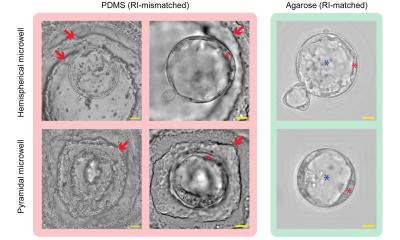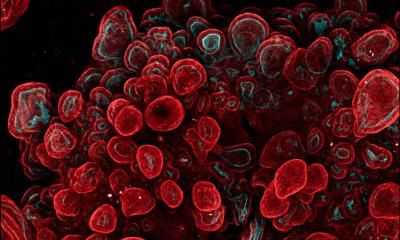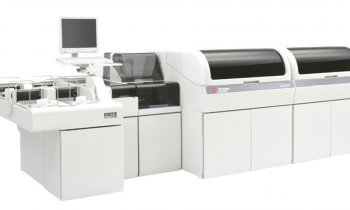CD39 - a cellular marker for Multiple Sclerosis
Scientists from the italian Fondazione Santa Lucia in Rome and the german Max Delbrück Center for Molecular Medicine in Berlin recently discovered a correlation between the number of a subgroup of regulatory T-cells and Multiple Sclerosis, that perhaps may lead to new treatment options.

Multiple sclerosis (MS) is an inflammatory, demyelinating disease disrupting the transmission of neuron signals. MS is categorized as an autoimmune disease - misdirected immune cells gradually destroy the myelin sheath surrounding the nerve fibres. Regulatory T cells usually keep the body’s defense-system in balance. But as international studies showed, genetic variations of the genes CD25 and CD127 and an impaired thymic production of regulatory T cells can increase the risk of developing multiple sclerosis.
Dr Giovanna Borsellino, Laboratory for Neurimmunology, Fondazione Santa Lucia, Rome, Italy, in cooperation with Dr Olaf Rötzschke and Dr Kirsten Falk, Max Delbrück Center for Molecular Medicine, MDC, Berlin-Buch, Germany, discovered a subgroup of regulatory T cells shownig a specific surface marker called CD39. These suppressor cells degrade ATP and seem to be able to inhibit inflammatory processes occuring in the central nervous system as a result of MS.
Currently multiple sclerosis could be diagnosed by verification of antibodies in lumbar puncture or MRI scan of the brain. “CD39 is a cellular marker whose disappearance can be directly correlated to the manifestation of multiple sclerosis and may be indicative for the disease,” concludes Dr Borsellino in her report, that was published in the American journal Blood.
17.08.2007











